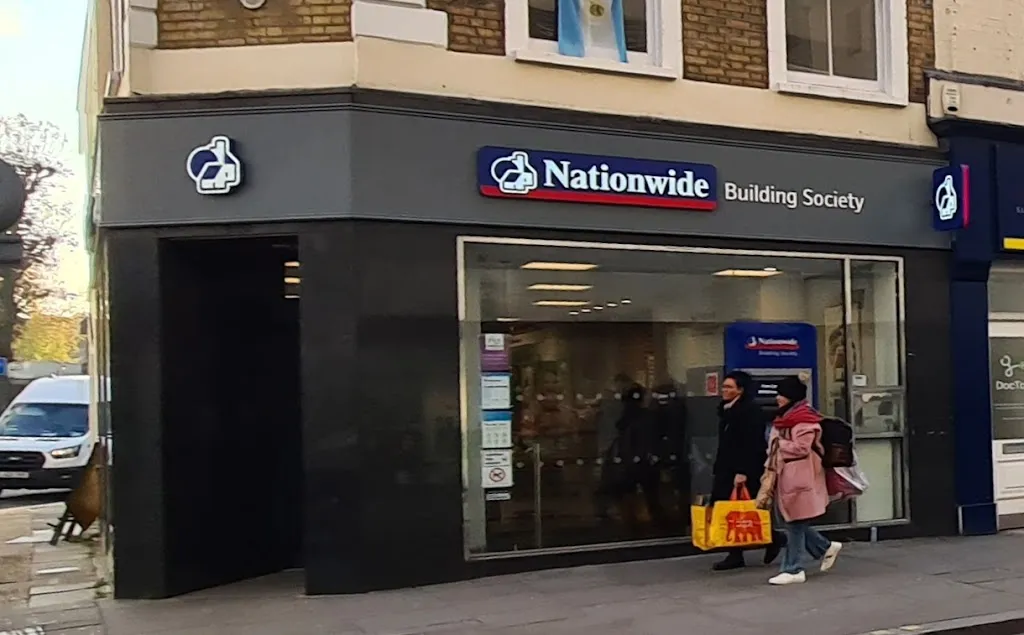Understanding PL: Its Importance and Current Trends in Business

Introduction
In the world of business, ‘PL’ refers to ‘Private Label’ and has gained prominence in recent years. Understanding PL is crucial for both consumers and retailers as it encompasses products branded by a retailer but produced by another company. This model has reshaped the retail landscape, presenting affordability and variety to consumers whilst enhancing profitability for retailers. As the retail sector continues to evolve, particularly post-pandemic, the significance of PL cannot be overstated.
The Rise of Private Labels
According to recent data, private label products have witnessed a staggering growth, with sales surpassing £8.5 billion in the UK alone during 2023. This rise can be attributed to the increasing demand for budget-friendly options, especially during times of economic uncertainty. Major supermarkets like Tesco, Sainsbury’s, and Aldi have invested heavily in their own-label lines, encouraging consumer interest and loyalty. In 2022, private label sales accounted for approximately 50% of supermarket sales in the UK, indicating a clear shift in shopping behaviour.
Consumer Perception and Quality
Modern consumers are becoming more discerning, often equating private label products with quality and affordability. A survey conducted by Nielsen in early 2023 revealed that 67% of consumers believe private label products are of equal or higher quality compared to national brands. This growing perception has compelled retailers to elevate the quality of their private label offerings, ensuring they meet consumer expectations.
Market Trends and Future Predictions
Looking ahead, several trends are expected to shape the future of private label products. Sustainability is a key focus, with retailers responding to consumer demand for eco-friendly products. Brands such as Waitrose and Co-Op are leading the way by introducing organic and sustainably sourced private label options. Furthermore, the integration of technology in retail, including online shopping experiences, is likely to boost the popularity of private labels, as retailers leverage data to tailor offerings to consumer preferences.
Conclusion
The significance of private labels in the retail sector is clear, as they continue to gain traction among consumers seeking value without compromising on quality. As strategies evolve, it is expected that private labels will further diversify, focusing on sustainability and innovation to cater to an increasingly conscious consumer base. For both retailers and shoppers, PL represents a pivotal shift in the traditional shopping paradigm, making it an essential component of future business strategies.
You may also like

The Dynamics of Price in the Modern Economy

Current Insights on Shell Share Price

An Insight into Nationwide Building Society
SEARCH
LAST NEWS
- Remembering Wendy Richard: The Promise to Co-Star Natalie Cassidy
- How Did Anglian Water Achieve an ‘Essentials’ Rating for Mental Health Accessibility?
- Shai Hope Leads West Indies in T20 World Cup Clash Against South Africa
- What We Know About Weston McKennie: Future at Juventus and Past at Leeds
- What We Know About the Upcoming Live Nation Antitrust Trial